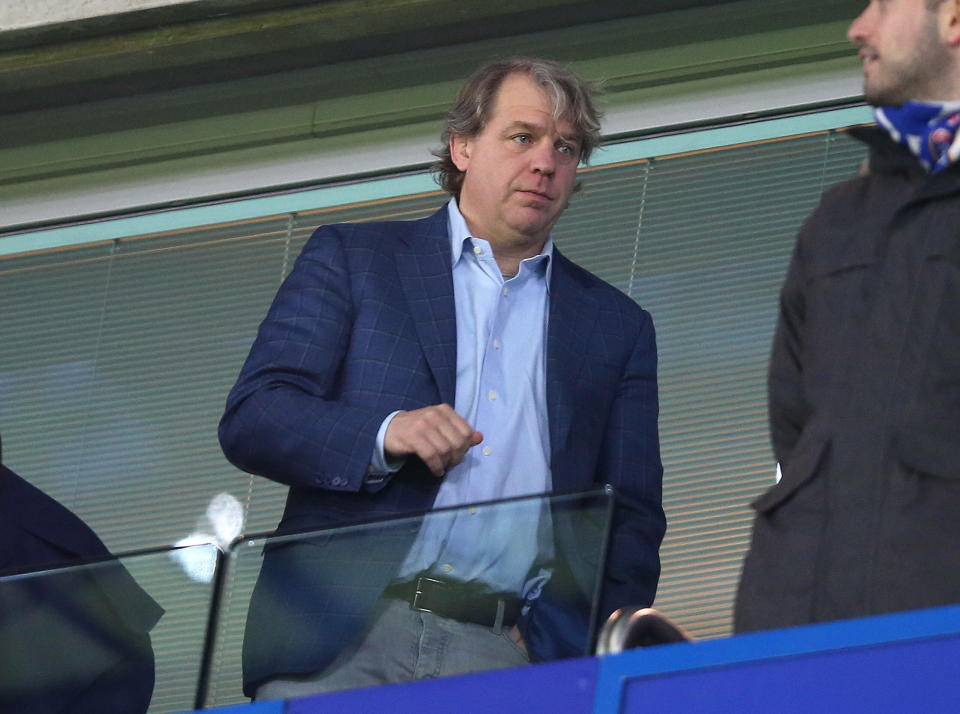
Chelsea FC are treading a precarious line as they navigate UEFA’s financial regulations, potentially facing significant hurdles that could impact their participation in European competitions.
Financial Compliance: A Steep Path for Chelsea
UEFA’s financial rules have long been a thorn in the side for many elite clubs, aiming to ensure fair play and financial health across European football. Martyn Ziegler of The Times highlights the specific challenges Chelsea faces under these stringent regulations, particularly the restrictions against income from asset sales to sister companies. UEFA has clarified that such transactions won’t count towards financial fair play calculations, posing a significant challenge for clubs like Chelsea, who have engaged in such deals.
The club’s chairman, Todd Boehly, remains optimistic, stating, “The club continues to balance success on the field together with the financial imperatives of complying with UEFA and Premier League financial regulations.” Yet, this confidence might be tested as UEFA’s financial control board, known for its range of sanctions, scrutinizes the club’s recent transactions and financial strategies.


The Real Estate and Transfer Dilemmas
Chelsea’s recent financial strategies include the controversial sale of real estate and the women’s team to entities within their ownership structure. Kieran Maguire, a noted football finance expert, comments on the implications: “Chelsea’s position in terms of compliance with UEFA’s Financial Sustainability Rules could be more than challenging given that UEFA is not as flexible when it comes to real estate sales to related or associated parties.”
This situation is further complicated by UEFA’s recent amendments to its amortization policies, which now limit the spreading of transfer fees over a maximum of five years—restricting Chelsea’s financial manoeuvring with the £115million signing of Moisés Caicedo, as they must now accommodate a substantial part of this fee within a shorter timeframe.
Implications for Future Competitions
Chelsea’s financial strategies may not impact their current standing in this season’s Conference League, but they could have ramifications for their eligibility in future European competitions. The club, having made a substantial loss of £89.8million in the last season without the financial cushion of Champions League revenues, is under increased scrutiny.
The Premier League’s pending approval of the sale of club assets further complicates Chelsea’s financial landscape. This, paired with hefty spending in the current transfer window, paints a picture of a club aggressively pushing for success but potentially overreaching in terms of financial sustainability.
UEFA’s Stance on Financial Fair Play
UEFA’s firm stance on financial fair play is clear, with their independent panel set to assess each case on its merits. The body’s approach, often seen as more stringent than the Premier League’s, underscores a commitment to maintaining financial health and competitiveness across its leagues.
Our View – EPL Index Analysis
From the perspective of a nervous Chelsea fan, the report by Martyn Ziegler for The Times brings a mix of concern and cautious optimism. The challenges highlighted are daunting, given the stringent nature of UEFA’s financial rules and the club’s recent hefty expenditures. The fear of facing sanctions akin to those imposed on AC Milan in 2018 looms large, potentially derailing our European ambitions.
However, the chairman’s confidence in compliance provides a silver lining. The hope is that the club’s financial advisors are as competent as our players on the pitch, navigating through these complex regulations with strategic acumen. The nerve-wracking wait for UEFA’s final verdict on our financial dealings remains a significant concern, leaving many fans watching this space anxiously.















